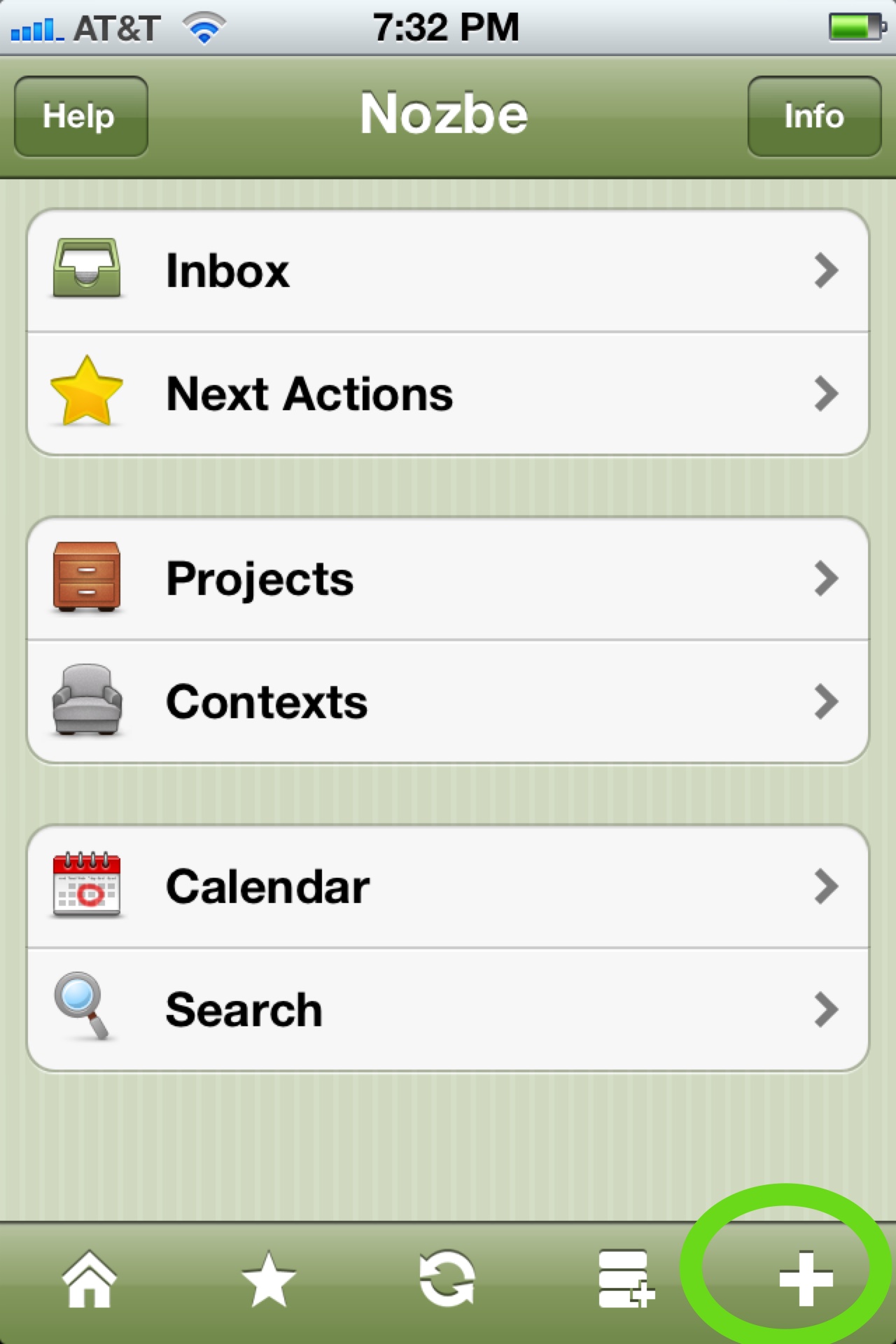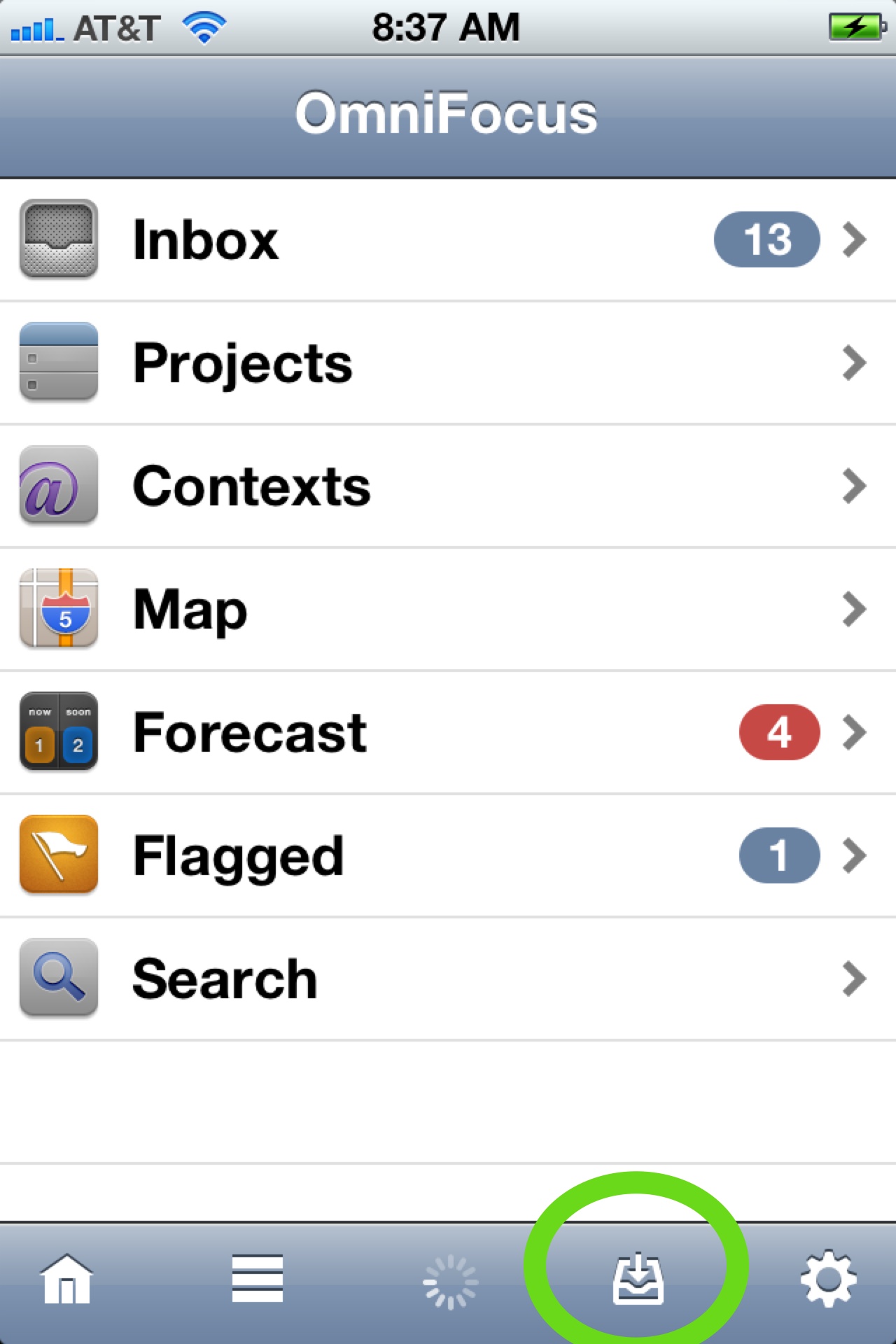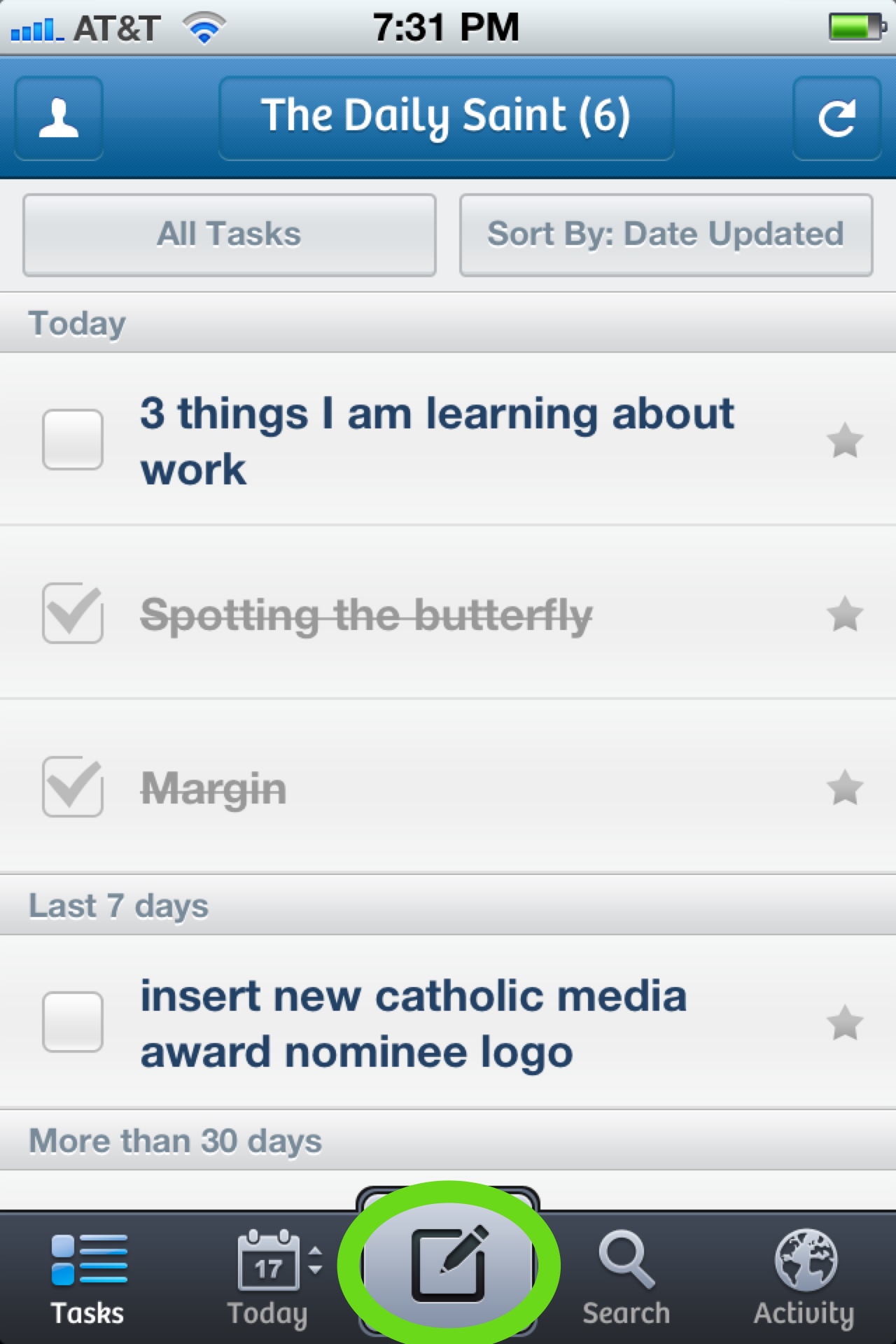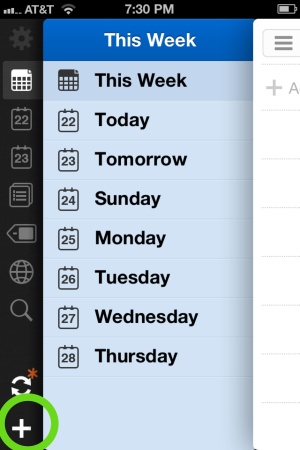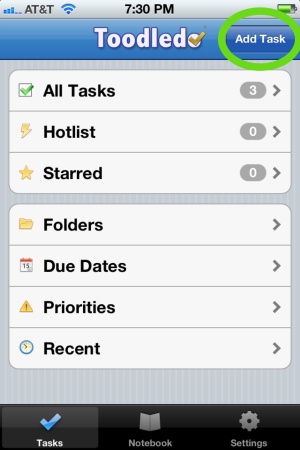 Have you ever walked into a store with the hope of getting a great deal? Or a car dealership? Usually that faint glimmer of hope starts with an ad in the paper.
Have you ever walked into a store with the hope of getting a great deal? Or a car dealership? Usually that faint glimmer of hope starts with an ad in the paper.
I had one of those moments this past week when Cary and I were scheduled to get new eye glasses. The ad said "Two Pairs for $69 Including an Eye Exam". A friend had recommended the place and we picked up our perscriptions from Dr. Mackey and were off.
A half hour into the store and we had picked out our glasses. I typically dread this experience as the kids are getting increasingly antsy and I just want to get the thing over with. We sit down with Joe, the store rep and begin "The Process".
I'm familiar with The Process in car dealerships and I would rather have a root canal than purchase a new car anytime soon. An ad draws you into the place and your hope of a new, fresh, humane car buying experience is tangible. It quickly goes downhill and you begin to relive the last car buying experience you had (which was a nightmare). The rest is history. Why car dealerships don't change their model is beyond me.
Back to Joe and the eye glasses as he tells me, "Mike, I'm sorry but your perscription is out of date; today's deal won't apply unless of course you want two pairs of specs for yourself." Now, why would I want two pairs of glasses for myself? Only celebrities do that, I told myself. Why did Dr. Mackey send me off with an outdated perscription in the first place? Why won't Joe make an exception and send me away happy? Lots of questions and few answers.
Worst of all- why the heck did I just waste a half hour of my life?
I left Joe and his pretty shop pretty bummed. Cary got her glasses and I played the part of the good husband, telling her that "she really needed them more than I did anyway". Deep down though, I was seething. I just hate wasting time and this situation was all wrong.
Until I realized that in the big scheme of things, none of this mattered.
I wasted time, sure, but may have walked away with a few insights as a result. How do you and I deal with these minor disappointments that inevitably come up in any given week?
- Affirm your own practice of time management. The fact that I hate wasting time is actually a sign that I take time management seriously. Does it bother you when someone kills an hour from your day for no good reason? It should if productivity is a value in your life.
- Plan more carefully. While it's true that my eye doctor should have looked at the perscription more carefully before sending me off, it's my own fault for not having an up-to-date perscription. That's something I can fix.
- Regroup, then regroup again. There was a commentary in America magazine a few weeks back about parenting being similar to managing an alien attack. You have to recalibrate your phaser guns over and over again in order to survive their attacks. What worked with your oldest child rarely is effective with your second or third. Dealing with disappointments is very much like this- breath, regroup and get your day back on track. You can do it.
Regroup and get your day back on track. You can do it.
4. Remember what matters most in life. While it's true that Joe, Dr. Mackey and a host of other characters sidetracked my calendar, I got to spend several hours with Cary and the kids and at the end of the day, who else would I want to spend my time with? In light of eternal salvation, family and friendship, that old advice still stands, "Don't sweat the small stuff."
One more thing- if you happen to pick out new eye glasses, the ones on the top shelf, third over from the right are mine. Don't even think about it.
 It's official- if the internet of a few years ago (remember the famous Nicholas Carr piece in The Atlantic?) made us dumb, the internet of today is making is dumb faster.
It's official- if the internet of a few years ago (remember the famous Nicholas Carr piece in The Atlantic?) made us dumb, the internet of today is making is dumb faster. 

